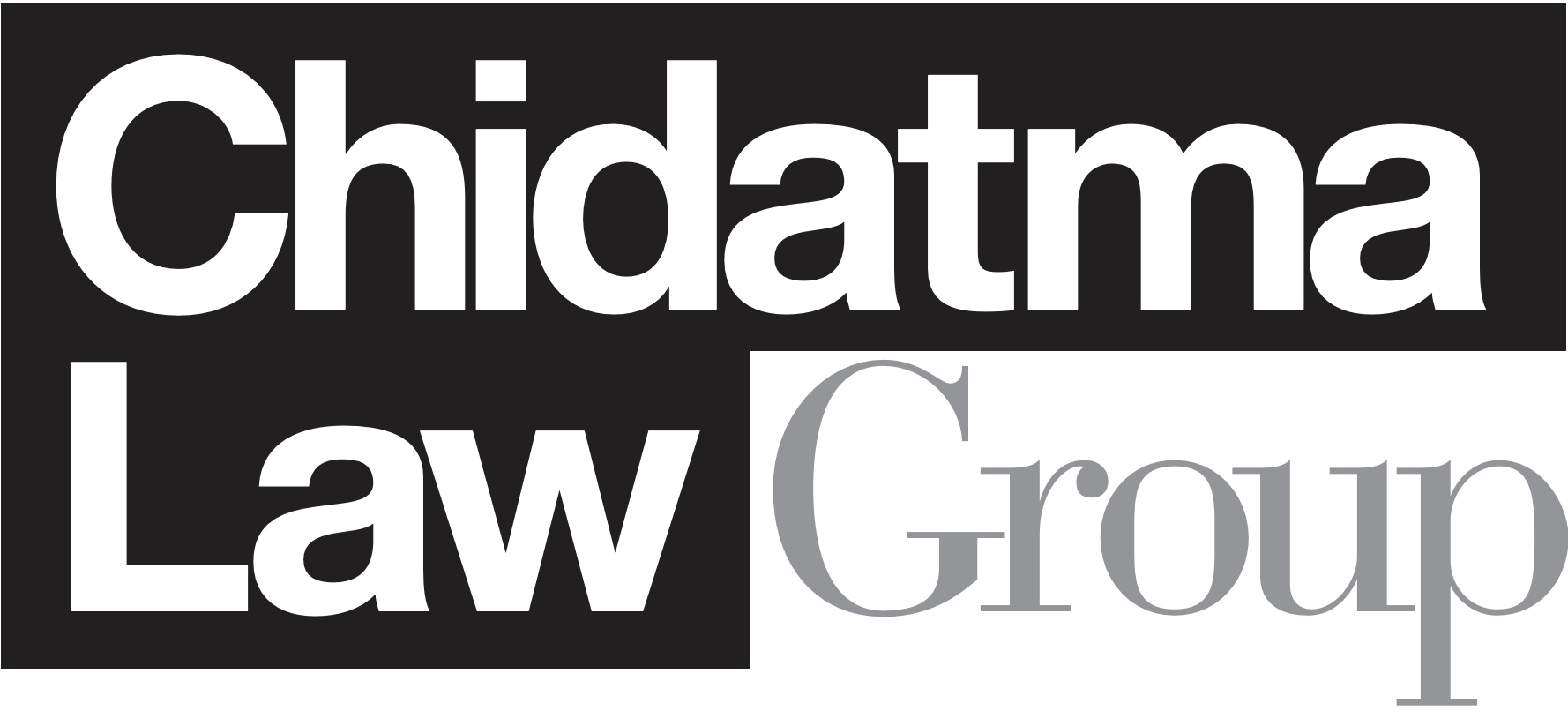This is part one of a two part post on perils and benefits of Bankruptcy. A start-up or growing business should know the basics of bankruptcy. Look out for part two which will be posted a week or two after this original post.
Bankruptcy, What Bankruptcy? I want you to grow your business and succeed. But if you are starting or running a business, you should know something about Bankruptcy. Maybe one of your customers will file for bankruptcy.
There are two primary bankruptcy proceedings. Chapter 7 which liquidates a debtor’s assets and ratably provides it to the creditors. Chapter 11 provides for a reorganization of the company arguably because there is more value in keeping the business running and giving the creditors something or maintaining a customer for the creditors.
Let’s focus our discussion on Chapter 11. (If your customer files a chapter 7, you are unlikely to see any money. Chapter 11 of the United States Bankruptcy Code enables distressed business to reorganize their affairs rather than liquidate their assets. This could be for your customers, or if push comes to shove you can take advantage of Chapter 11 and try to reorganize.
Chapter 11. The premise of Chapter 11 is that a distressed business, despite its financial problems, may still may have greater value as a going concern than it would in a liquidation. Chapter 11 provides the substantive law mechanisms that enable a viable company to reorganize its affairs so it can generate positive cash flow. Chapter 11 also governs the distribution of value to the creditors, other claimants and interest holders of the distressed company.
Business entities and individuals may be debtors under Chapter 11. A Chapter 11 proceeding is usually commenced by the debtor. No grounds need be alleged by the debtor for resort to Chapter 11. An involuntary bankruptcy proceeding may be commenced by creditors under certain guidelines. The petition will be granted in an involuntary case if it is established that the debtor is not paying its debts as they come due (and some other reasons).
The Debtor’s Estate. Upon the commencement of a Chapter 11 proceeding, the assets of the debtor come under protection of the Bankruptcy Court. The debtor’s assets are transferred by law to an entity known as the “estate” of the debtor. Ordinarily, unlike the situation in a liquidation proceeding, no trustee is appointed regarding the estate. Typically with a corporation, the officers and directors of the debtor corporation continue to administer the business and the assets of the estate despite the commencement of the Chapter 11 proceeding. However, in exceptional cases, such as those involving fraud by the management, a trustee may be appointed. When no trustee is appointed, the debtor is the “debtor-in-possession”.
The procedures of Chapter 11 enable the debtor in possession to assemble all of its assets, to sell unnecessary assets, to obtain needed credit, and to terminate payments to existing creditors, conserving cash flow. Filing a petition acts stays all actions to collect claims against the debtor. This relieves the debtor-in-possession of the need to pay to creditors. This is the so-called “automatic stay.”
How does the Company Stay in Business? In a Chapter 11 proceeding, the debtor-in-possession continues to operate the debtor’s business. The debtor-in-possession may engage in transactions in the ordinary course of business without the necessity of court approval. With transactions out of the ordinary course of business, the debtor-in-possession must obtain court approval.
The debtor-in-possession, however, may not use liquid assets, such as accounts receivable or other cash equivalents, that are subject to a security interest of a third party — think a bank — without court approval, and the debtor-in-possession must adequately protect that secured party for using its collateral. Adequate protection is a complex technical concept. Generally, the existence of substantial equity in the collateral may itself be adequate protection. If insufficient equity exists granting a replacement lien on other property may be adequate protection of the rights of the secured creditor. In certain circumstances, the debtor-in-possession may sell assets encumbered by a security interest free and clear of that security interest, with the security interest attaching to the proceeds of sale. The debtor-in-possession may not borrow without court approval, but it may obtain ordinary course of business trade credit from its suppliers.
Priority of Payment. All debt incurred after filing of the petition has priority over pre-petition claims, making it easier to obtain credit. If it is necessary to permit the operation of the business, and if the debtor-in-possession can adequately protect the existing secured party, the Bankruptcy Court may even authorize, over the existing secured creditor’s objection, the borrowing of funds and granting a security interest having priority over the existing security interest.
⇒There is much more to a business bankruptcy stay tuned for part two which will be available in a week or two. To be continued …⇐
Hi, my name is Dwight Yellen.
I am a founder of Chidatma Law Group, a non-traditional law firm.
When it comes to helping startups and inspired entrepreneurs, we speak your language.
Our job is to guide you through the legal challenges you face. Whether it’s setting up your company, protecting your technology and processes, creating winning partnerships and license agreements, or navigating government regulations, we help ensure your company is informed and on track.
Need quick advice on bankruptcy or any other issue?
Maybe you can’t wait for part II!
Click here to schedule a free 15 minute consultation to learn how Chidatma Law Group can help.

